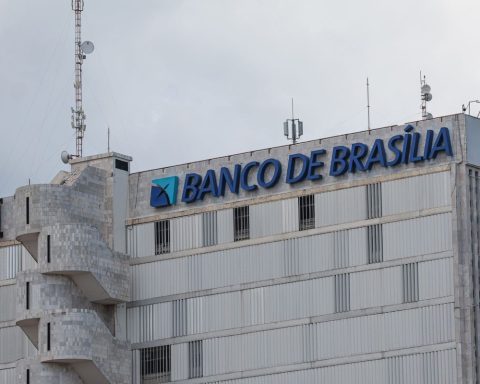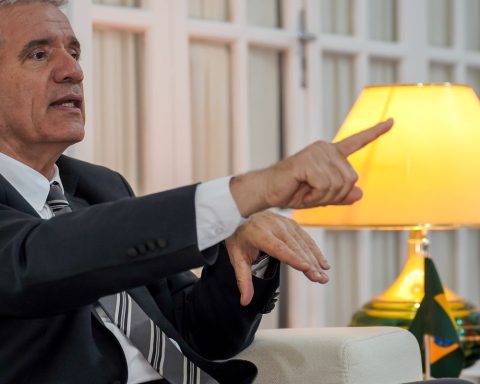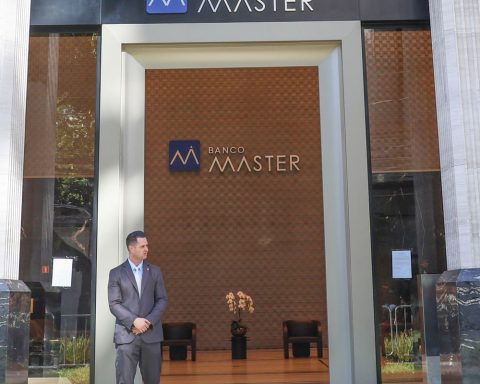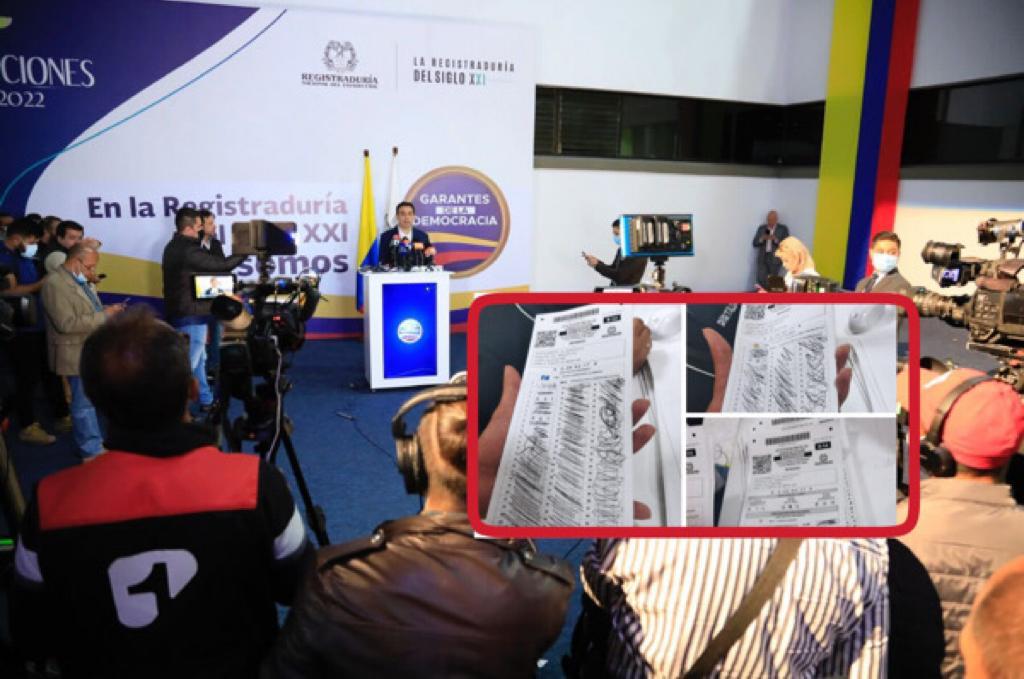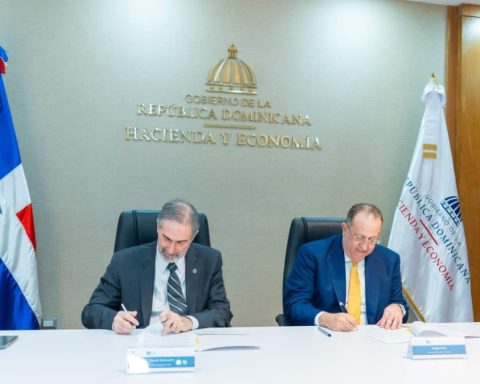Brazilian merchants are less confident and have less intention of investing and hiring employees, according to data released today (21) by the National Confederation of Commerce in Goods, Services and Tourism (CNC). The Business Entrepreneurs’ Confidence Index (Icec), measured monthly, dropped 1.3% in March compared to February, closing the first quarter of the year with an accumulated drop of 1.12%.
The Icec is composed of the indicators: current conditions of the commercial entrepreneur; expectations of the commercial entrepreneur; and investment intentions. The objective is to detect trends in the sector’s actions from the entrepreneur’s point of view. The sample is composed of approximately 6 thousand companies located in all the capitals of the country. Icec assesses current conditions, short-term expectations and investment intentions of the trade business.
This month, all the indices that make up the Icec registered negative changes, with emphasis on current conditions, which fell by 1.6%, while expectations and investment intentions showed retractions of 1.2% and 1.1%, respectively.
The most significant negative variation among all the sub-indices was observed in the investment intention group, with a 3.5% decrease in employee hiring. Within this group, only one sub-index showed a positive change, the one related to intentions to invest in inventories, which grew 1.2%.
Inflation and War
The research points to the effects of persistent inflation in the country and the recent transmission of the increase in fuel prices to other prices as key elements that explain the evolution of low business confidence. The war in Ukraine is also considered a major factor in the outcome, as it creates a scenario of uncertainty.
According to the CNC economist responsible for the analysis, Antonio Everton, the drop in the intention to hire employees may indicate adjustments in the companies: “The variation may signal an adjustment in operating costs to a perspective of lower revenue”.
There is also, according to Everton, the seasonality factor. Every beginning of the year, the arrival of increased taxes (IPTU and IPVA), new values for condominium and school fees weigh on budgets. In addition, real interest rates of around 5% above inflation increase the cost of borrowing.
Despite the results, the survey shows that Icec remained in the satisfaction zone, above 100 points, registering 118 points in March. Indicators are measured on a scale from 0 to 200 points. In February, the index was 119.3.


